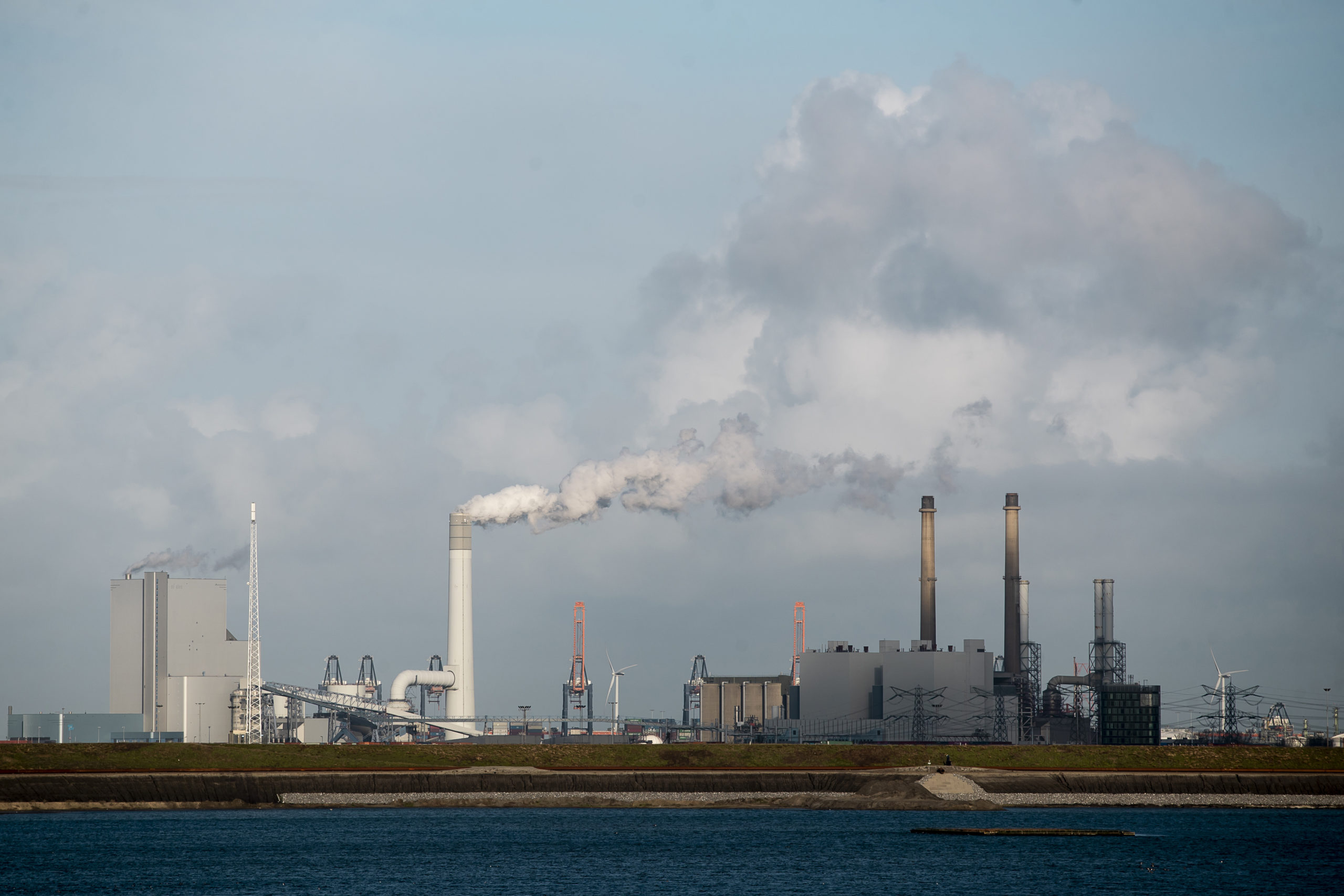
Porthos CO2-capturing project in Rotterdam gets green light

The Porthos project intends to capture about 37 megatons or 10% of all CO2 emissions from the Rotterdam industry and store them in the empty gas fields in the North Sea /Belga
Porthos, a project for storing carbon dioxide from industry in the port of Rotterdam, has been given the green light. The Dutch Council of S


Comments
Ready to join the conversation?
You must be an active subscriber to leave a comment.
Subscribe Today